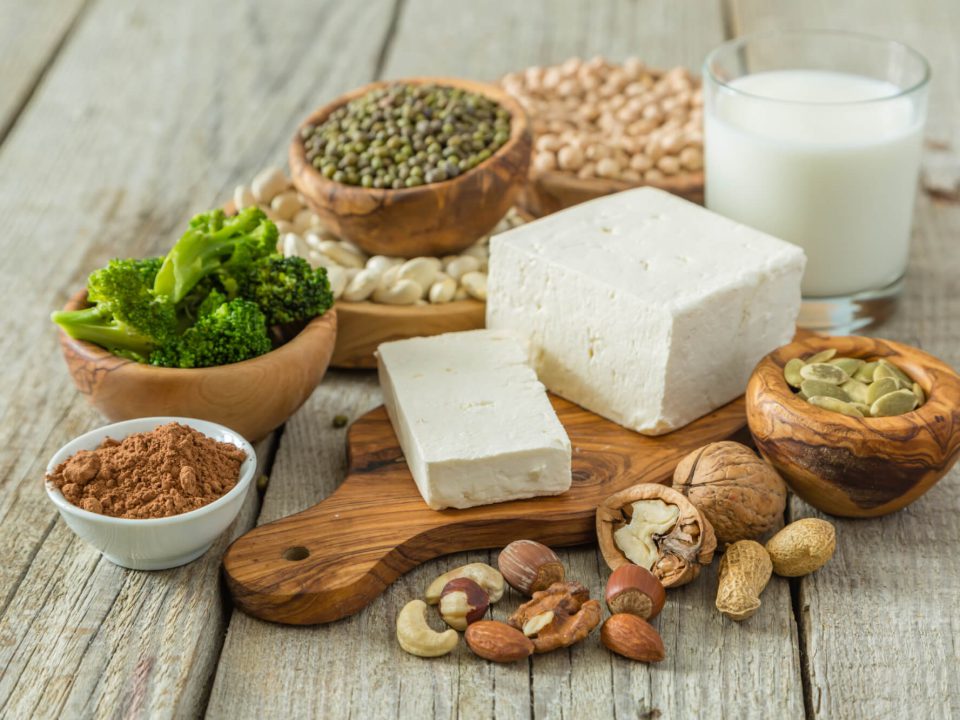What is Metabolism?
The term metabolism refers to all of the chemical processes going on continuously inside of your body to keep you alive and functioning normally, such as breathing, blood circulation, and digesting food. All of these chemical processes require energy which is measured in calories. The basal metabolic rate (BMR) is the minimum amount of calories (energy) your body requires to carry out these basic functions.
Your BMR accounts for anything between 40% and 70% of your body’s daily energy requirements, depending on your age and lifestyle. A “slow metabolism” is more accurately described as a low BMR.
Many factors play a role in the speed of your metabolism, such as body size, age, and gender. As we get older, our metabolism may slow down as we tend to gain fat and lose muscle. Generally, men tend to have a higher BMR than women. There are many online calculators which can be used to estimate our daily energy needs.
People who struggle to lose weight often blame a slow metabolism. But there is little evidence to support this claim. Research actually shows that overweight people have faster metabolisms than thinner people. Larger bodies require more energy to carry out basic body functions.
What can you do to boost metabolism?
It is claimed that certain foods and drinks can boost your metabolism, including green tea, black coffee, spices and energy drinks. However, the evidence to support these claims are weak and have not been significantly proven. While you don’t have much control over the speed of your metabolism, you can control how many calories you burn through your level of exercise. The more active you are, the more calories you burn. Here are three effective ways of burning calories:
Aerobic Activity
Aerobic exercise is the most effective way to burn calories. You should aim to do at least 150 minutes of aerobic activity, such as walking, cycling and swimming, a week. You can achieve this target by doing 30 minutes, 5 days a week and breaking down your activity sessions in chunks of 10 minutes. To lose weight, you’re more likely to need to do more than 150 minutes a week and make changes to your diet to control the amount of calories which you consume.
Strength Training
Muscle burns more calories than fat, so increasing your muscle mass will help you to lose weight. Aim to do muscle-strengthening activities that work all major muscle groups (legs, hips, back, abdomen, chest, shoulders and arms) on two or more days a week.
Examples of muscle-strengthening activities include lifting weights and high-intensity bouts of exercise. Heavy gardening may also do the job.
Be Active
Try to make activity part of your daily routine. That could include walking or cycling all or part of your journey to work. You could also take the stairs instead of the lift.





